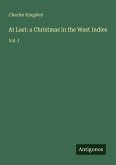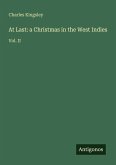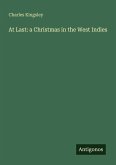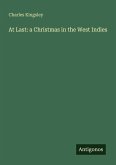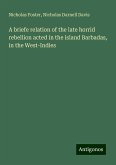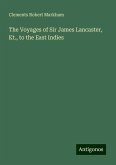Reprint of the original, first published in 1878. The Antigonos publishing house specialises in the publication of reprints of historical books. We make sure that these works are made available to the public in good condition in order to preserve their cultural heritage.
Hinweis: Dieser Artikel kann nur an eine deutsche Lieferadresse ausgeliefert werden.
Hinweis: Dieser Artikel kann nur an eine deutsche Lieferadresse ausgeliefert werden.


